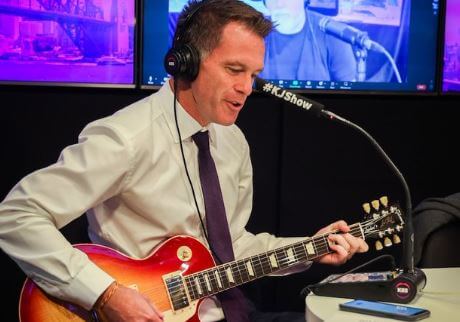This week, City of Sydney Council voted to investigate banning gas connections to new buildings. Victoria has already made the move, with the ban announced last month and coming into effect from 1 January 2024.
The NSW state government has pushed back against the City of Sydney, arguing the council doesn’t have jurisdiction for such a move. Yet the objection appears belated, when Parramatta Council made the very same move for its own CBD in 2011.
Waverley Council has already implemented the same ban, which it applied to all new residential developments. And next week, Parramatta Council is reportedly extending its gas ban to all new developments in its jurisdiction, not just its city centre, and to ban gas connections entirely, not just for cook tops.
These changes have appeared to arise quite suddenly in Australian news. Yet they have been brewing for some time elsewhere in the world.
Council-led bans on gas connections began four years ago among progressive US municipalities. The first major ban of gas cooktops appears to have been in Berkeley, California, in June 2019. Subsequent bans followed thereafter in San José, Mountain View and Santa Rosa.
The moves faced immediate push-back, eventually being overturned in a federal court of appeal. They also spooked Republican states who, egged on by pro-fossil fuel vitriol, passed laws preemptively blocking councils from banning gas in 20 states.
Then earlier this year, New York state recommenced the campaign with a ban on gas connections to new residential constructions. The measure’s ultimate legal legitimacy is unclear.
All of this helps explain the war of words between the NSW Premier and City of Sydney. With gas previously considered a cleaner option, environment and planning laws were never written with a gas ban in mind, leaving the legal legitimacy of such a move open.

Much more significant is the ban on gas connections for hot water and room heating. In Canada, for example, heating accounts for 85% of the carbon emissions from the residential sector.
Quebec has now banned gas-based heating in all new construction projects. From the end of this year, it will be illegal to install such appliances at all. Similar moves are slated to follow in British Columbia in 2025.
The same ban will kick in nation-wide in Germany in 2024. The UK will follow in 2025. Slowly but surely, it’s going to be the end of the line for non-industrial uses of gas, likely meaning big losses for those who have invested heavily in it.
Feature image courtesy of @fl0r1an via Unsplash.
Sign Up To Our Free Newsletter